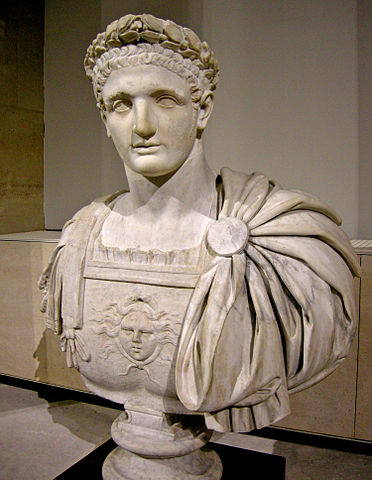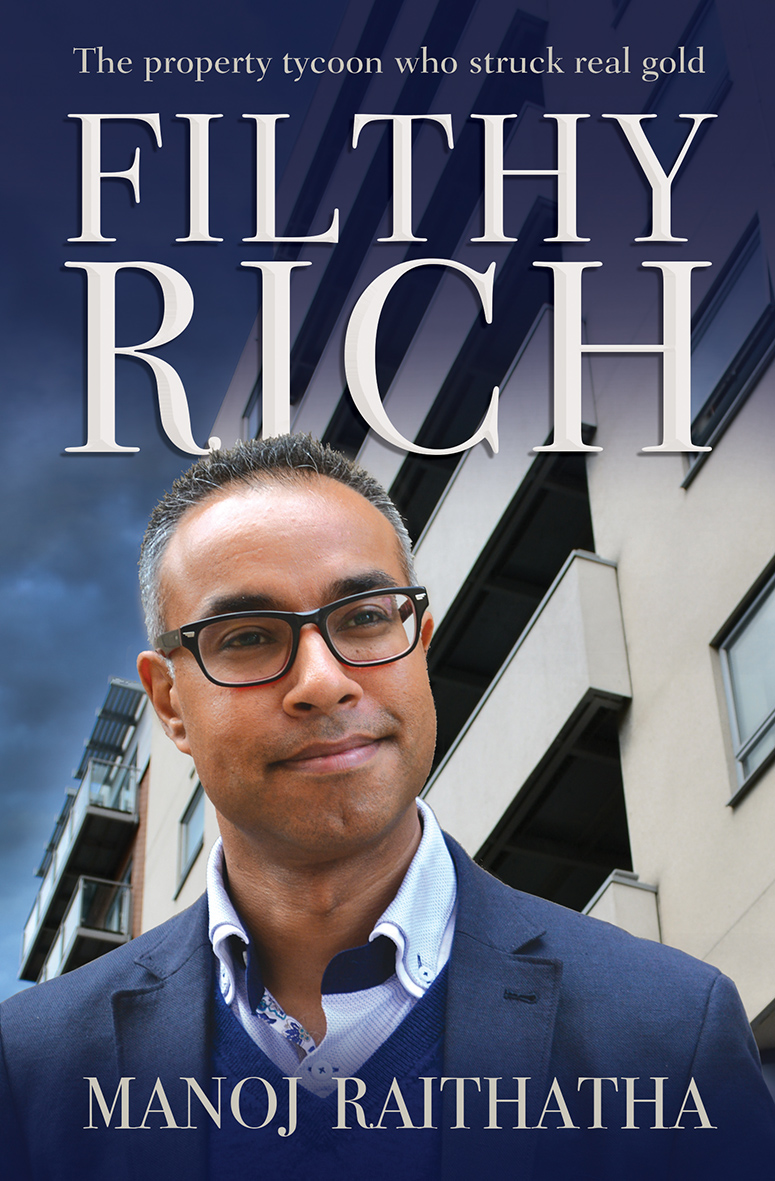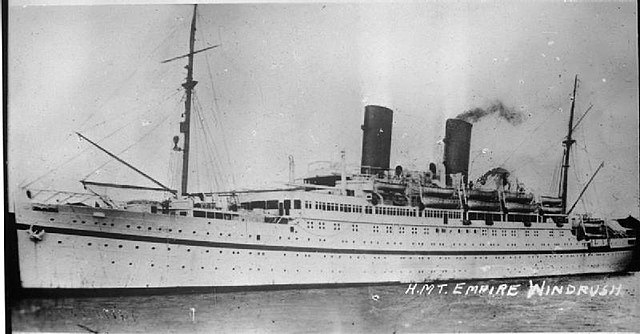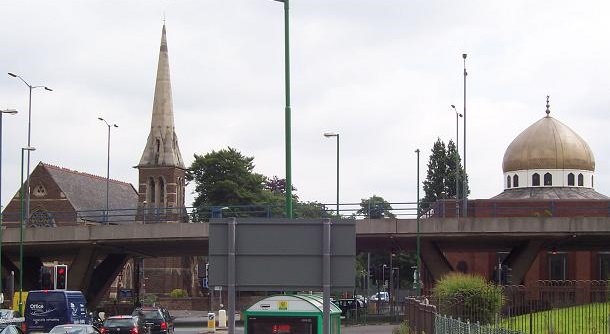David Forbes gives some historical background to the Book of Revelation, as we start a new series on the messages given to the churches in Asia.
In 81 AD, Domitian became Emperor of Rome and its dominions. During his reign he launched a particularly savage persecution of both Christians and Jews, the main reason for which was Caesar worship. Domitian was the first Roman Emperor, apart from the insane Caligula, to take his 'divinity' seriously, and demand Caesar worship. He insisted on always being addressed as Lord and God and carried out a campaign of bitter persecution against all those who would not worship him - the atheists, as he called them.
This is the historical background to the Book of Revelation. All over the Roman Empire men and women were required to acknowledge that the Emperor was Lord, or die - especially on the Lord's (or Lordy) Day (Rev 1:10), a special day in the year when every citizen was required to cast some incense on the altar fire in a local temple and repeat the words 'Caesar is Lord'.
What were Christians, for whom only Jesus is Lord, to do? They were relatively few in number and they had no influence or power to fight against the might of an Empire which no nation or people had been able to withstand. The choice was simple, Caesar or Christ, and as a result there were many Christian martyrs. Why were they under such tyranny? Why were they being left to suffer and die so cruelly? Where was God? Where was their promised salvation through Jesus the Messiah? How long, Sovereign Lord? they cried.
 Emperor Domitian, who insisted upon Caesar worship. See Photo Credits.It was to bring hope and encouragement in these times of great trial and terror that the Book of the Revelation was written to the believers in the churches of the great Roman province of Asia.
Emperor Domitian, who insisted upon Caesar worship. See Photo Credits.It was to bring hope and encouragement in these times of great trial and terror that the Book of the Revelation was written to the believers in the churches of the great Roman province of Asia.
Apocalyptic Writing
In order to understand further the message of the letters to the churches we need to appreciate their literary form. The Book of the Revelation is unique in the New Testament, in that it belongs to a type of Jewish literature called the apocalyptic writings. Indeed, the very first word of the letter is the Greek apokalupsis – 'the revelation' in English. Apocalyptic literature was one of the most common types of Jewish writing during the period between the Old and New Testaments.
After the return from exile in Babylon, the Jewish people soon became the subjects of Alexander the Great and his successors, during which time they were put under great pressure from Hellenism. Hellenism was the adopting of all things Greek - language, education, philosophy and culture – by the peoples who came under the rule of Alexander and his generals.
This was especially so when, during the reign of Antiochus IV Epiphanes (175-164 BC), every attempt was made to force Greek political and cultural institutions upon them and the observance of the Jewish religion became punishable by death. Many Jews at this time chose death rather than be false to the God of Abraham, Isaac and Jacob. Mass martyrdom became the order of the day.
It was to bring hope and encouragement in times of great trial and terror that the Book of the Revelation was written to the believers.
At that time, and then again during the period of Roman domination when the various revolts by the Jewish Zealots brought about the death of many, people began to question where God was and why he was not bringing about salvation for them. Had not God chosen them as his people? Had the prophets not promised that one day, God himself would come with a mighty intervention to deliver them from all their enemies and raise up his Messiah, who would inaugurate an everlasting kingdom of righteousness and peace? Where was the Day of the Lord?
It was to deal with these questions and to bring a ray of encouragement and hope into a difficult situation of pressure and confusion that apocalyptic writing came into being. It dealt with the sin of the present time, with the evils of tyranny, oppression and persecution, and with the great intervention of God when he would descend on to the stage of history and put everything right. He would bring to an end the world that they knew and bring in his golden age of blessing. The message of apocalyptic literature was that though things maybe bad and will probably get worse, don't weaken and give up - hang on, because everything will be all right in the end. God will vindicate his people and be victorious!
Differences Between Prophetic and Apocalyptic Literature
There are many examples of apocalyptic literature from the period between the two Testaments. Writings such as Enoch, The Assumption of Moses, The Ascension of Isaiah, The Apocalypse of Baruch and Fourth Ezra are just some. The Book of Daniel is considered by Jewish people to be an apocalyptic book, rather than a prophetic one. It is the only such kind of writing to be included in the canon of the Hebrew Bible, where it appears in the section called ketuvim, 'the writings', rather than in the section called nevi'im, 'the prophets'. There was considerable difference between what the Jewish people understood as prophecy, such as the messages given through Isaiah, Jeremiah, Amos and Zechariah for example, and what they understood as apocalyptic writing.
Dominated by successive cruel empires, the Jewish people were questioning where God was. Apocalyptic writing came into being to answer their questions.
The Hebrew prophets thought mainly in terms of this present world. Their message was often put in terms of the need for social, economic and political justice. They were concerned that men should hear the word of God and turn back to him in repentance. The prophets were concerned that people should learn to obey and serve him in this present world. It was here and now that God's will needed to be done and his purposes of peace and blessing be fulfilled.
The message of the apocalyptist was that the world was beyond saving and that it was dominated by evil. The only remedy was for God to destroy it and set up a new golden age in a new world. It was a written, rather than a spoken message; whereas the prophet spoke forth the word of God clearly and boldly so that all could understand, the apocalyptist always wrote his message down. It was usually in the language of dream and vision, and the actual words used were usually in coded form. The reason for this was doubtless that if the writings ever fell into the hands of the oppressing power, they would not be able to learn the message of the visions and therefore would be unprepared for what was coming.
Whereas everybody knew the identity of Israel's prophets, Jewish apocalyptic writing is pseudonymous - that is to say that it was written not under the author's name, but under the name of someone else. The Jewish writers opted to attribute their writings to the great and well-known men of the past, such as Moses or Isaiah, Enoch, Ezra or Baruch. It may be that they did this because they believed that they were not worthy to be read and thought that by attributing their writings to the great men of the past they were investing them with an authority that they themselves could never give.
Revelation: Provenance and Authorship
The Book of the Revelation is very much an apocalyptic writing. It has most of the hallmarks of apocalyptic literature. It is different, however, in that it is not pseudonymous and that it has a strong Messianic perspective. The Day of the Lord is none other than the great and glorious appearing of Jesus the Messiah, who has already once appeared as the Paschal lamb to take away the sin of the world and is now appearing for the second time to set up his earthly kingdom.
Revelation is very Hebraic, full of Old Testament allusion, pointing to many Jewish traditions and even quoting ideas from other Jewish apocalyptic writings. It includes around 500 allusions to the text of the Old Testament, particularly the books of Exodus, Isaiah, Jeremiah, Ezekiel, Zechariah and Daniel. So without a thorough knowledge of the Old Testament, and these books in particular, the original readers of John's Apocalypse would have struggled to understand the message.
The Hebrew prophets spoke and wrote mainly in terms of the present world - apocalyptic writers looked forward to the world to come.
Similarly, many of God's people today are confused and puzzled by this letter simply because of their lack of understanding of its Hebraic nature in biblical background and culture, as well as language. Although it was written in the common Greek language of the day, it is a kind of translation – Greek, full of Hebraic language idiom.
lndeed, because of the bad grammar and syntax (which probably makes it the worst Greek in the New Testament), many scholars have had difficulty accepting that it was written by the same man who penned a Gospel and three Epistles.
The author, John, tells us that he was given what he calls a prophecy by the Lord Jesus himself, on the island of Patmos, most probably in exile as a result of the Domitian persecution. Here is a further difference between this book and other Jewish apocalyptic literature, in that it is reflecting the fact that God has restored prophecy to his people, as a result of the coming of the Holy Spirit. The Lord Jesus knows what his people are suffering and he wants to tell them what must soon take place.
To the Churches in Asia...
The Revelation is presented overall in the form of a letter to seven churches in the province of Asia, who themselves are each given an individual message in letter form from the Lord. When we speak of Asia we are not, of course, referring to the continent of Asia that we know today, but the Roman province which we now know as Turkey. It comprised the western (Mediterranean) sea-coast of Asia Minor with Phrygia, Mysia, Caria and Lycia. Its administrative capitol and seat of the Roman governor was the great city of Pergamos (also called Pergamon or Pergamum, close to modern-day Bergama, Turkey).
The seven churches that are named; Ephesus, Smyrna, Pergamum, Thyatira, Sardis, Philadelphia, Laodicea, are by no means the only churches that we know of in the Roman province of Asia. The Bible also tells us of churches in Colossae, Hierapolis, Troas and Miletus. From the letters of Bishop Ignatius of Antioch, we learn that there were also churches at Magnesia and Tralles. Why then should only seven be selected and why this particular selection?
Many scholars doubt that Revelation was penned by the same 'John' who penned a Gospel and three Epistles.
One reason may be that the particular churches chosen were situated on a kind of ring-road around the centre of the province. William Barclay says that they could be regarded as the centres of seven postal districts and that letters sent to these cities could easily then be circulated around the whole province. Undoubtedly the purpose of the letter was that it should be read in all the churches so that all believers might know the Lord's message. Even the individual letters to the seven churches were intended to be read by all.
The churches of Asia Minor, and indeed all the churches of the Roman world, were going through great trauma as a result of the Domitian persecution. However, it must have been of comfort to them to know that the Lord himself knew precisely what their problems were as well as the solution to them.
Next week, we will look at the message given to the church in Ephesus.
This article was first published in Prophecy Today, Vol 12 No 6, Nov/Dec 1996. Revised December 2016.
Click here for the other articles in this series.





